The three latest books by French writer Annie Ernaux are introduced to the public: A Woman, Passion and Shame. The works reveal the author's deepest memories, from childhood memories to her most intimate secrets, things that perhaps not everyone is brave enough to expose.
A woman tells the story of Annie Ernaux's mother. The book opens with the announcement of her death and ends with the author's feelings when she actually realizes that her mother is no longer in this world.
Throughout the book, Annie Ernaux finds different faces of her mother - a healthy, active, open-minded woman who passed away after suffering from Alzheimer's disease.
The female writer also shows the progression and duality of feelings that a daughter has for her mother: love, hatred, tenderness, guilt and finally blood bond.
The work is a subtle and sharp declaration of love by Annie Ernaux for her late mother, through her seemingly cold (intentionally) pen.
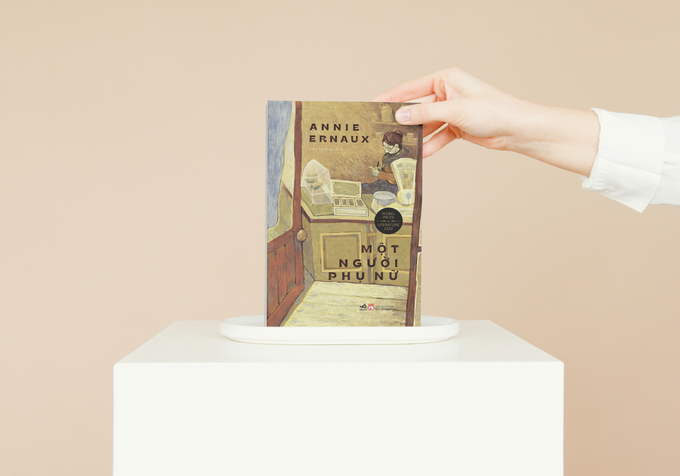
The book "A Woman" is about the author Annie Ernaux's mother (Photo: Nha Nam).
The Madness tells the story of Annie Ernaux's hidden secret love. The female writer recounts her short love affair with a married foreign diplomat . It was a secret, fleeting but intense, passionate affair that left her with much pain and longing.
At the time of its release in France, the book received mixed reviews. At that time, a feminist intellectual describing a love affair where men were the dominant party was unacceptable.
However, Annie Ernaux writes about the subject of adultery without defending or preaching. She does not say whether it is right or wrong, but only tells about her unrequited love and the range of emotions she experienced during that love affair.
A love story with a foretold ending that is not happy and "meaningless" as the author himself admitted. All of this gives the story a realistic look and surpasses all standards.
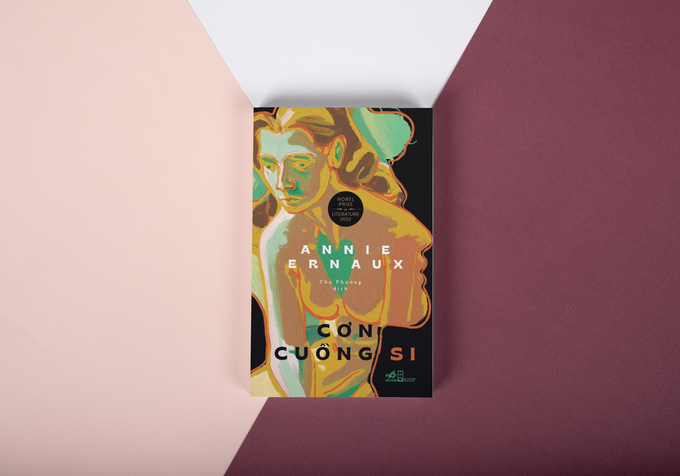
"The Madness" is Annie Ernaux's hidden secret love (Photo: Nha Nam).
The Shame begins with a surprisingly cold sentence: "My father tried to kill my mother early one Sunday afternoon in June." This is the source of the young Annie Ernaux's feelings about her parents, their profession and their living environment.
Everyone has a shame, a secret feeling of shame that is absolutely unspeakable. People usually run away from it, hide it and try to forget it, but Annie Ernaux, with extraordinary courage, exposed it all.
The scene of her father almost killing her mother was something Annie Ernaux never dared to write about, but it was an unforgettable scene that kept replaying in her mind.
The story continues, interspersed with other memories of her childhood, of the city, of the Catholic school she attended… The humiliation and shame multiplied when the young girl entered puberty in a society that was deteriorating and the class division was deepening.
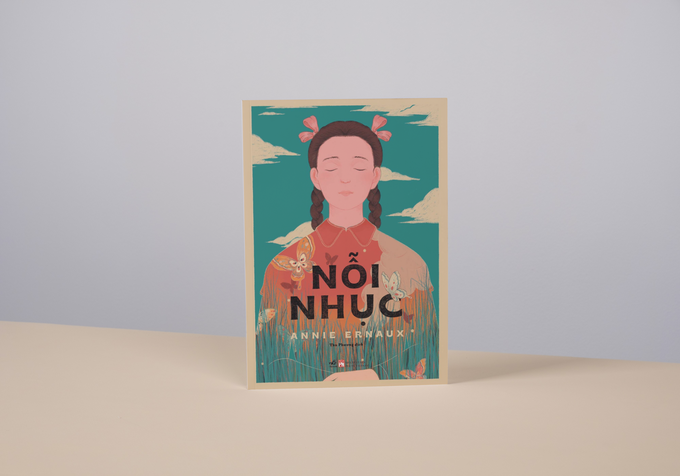
"Shame" is the source of the author's feelings about his parents, their profession and living environment (Photo: Nha Nam).
Throughout her writing career, Annie Ernaux has taken a unique perspective on life, gender, and class. Instead of drawing readers into the ups and downs of life or grand themes, she focuses on small, everyday, yet authentic events. Her histories are small histories, but small histories are connected to larger histories.
Short, clear sentences, minimalist and unadorned writing style, Annie Ernaux's works are sometimes criticized as dry, but that coldness is what creates their own beauty. Her books touch the reader's soul, conveying raw emotions without any embellishment.
In October 2022, Annie Ernaux was awarded the Nobel Prize in Literature by the Swedish Academy. She became the first French woman to win the world's most prestigious literary prize. The Nobel Committee honored Annie Ernaux "for the courage and piercing insight with which she has explored the roots, the discord, and the limits of personal memory."
French President Emmanuel Macron commented: "For 50 years, Annie Ernaux has written a novel about our country's collective and private memory. Her voice is the voice of freedom, of women and of what has been forgotten in the past century."
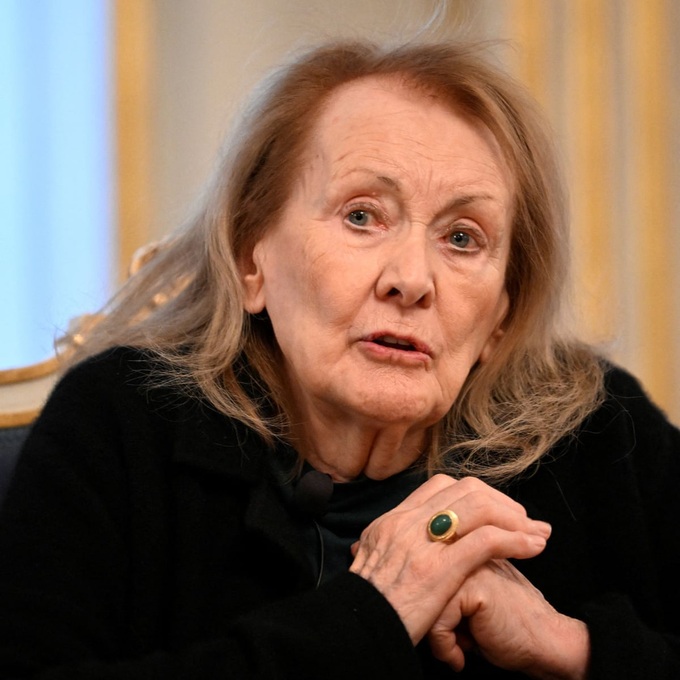
Female writer Annie Ernaux (Photo: Reuters).
Annie Ernaux was born in 1940 in Lillebonne and grew up in Yvetot, both in the Seine-Maritime department of Normandy, northwestern France. She studied Modern Literature at the University of Rouen, then worked as a literature teacher in Annecy, Pontoise and the National DistanceEducation Center. She is an honorary doctor of the University of Cergy-Pontoise.
In 1974, she published her first work Les armoires vides (The Empty Drawers) about her clandestine abortion in 1964.
In 1983, she published A Place in Life , about her father's life. The book won the Renaudot Prize.
In 2008, she published Les années (The Years). The work is considered the completion of her work, both in content and form, in the genre of collective memories.
Throughout her career, Annie Ernaux has been awarded many prizes: the Renaudot Prize (1984), the French Language Prize, the François Mauriac Prize (2008), the Marguerite Yourcenar Prize (2017)... and especially the Nobel Prize in Literature (2022).
Source link







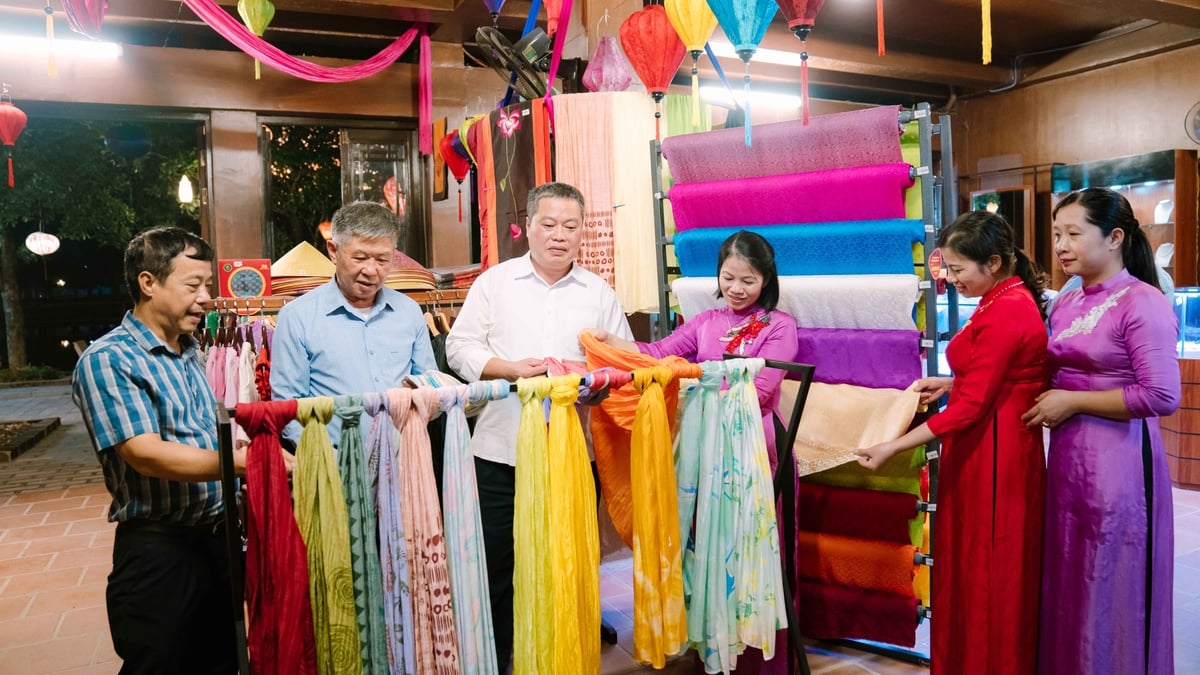





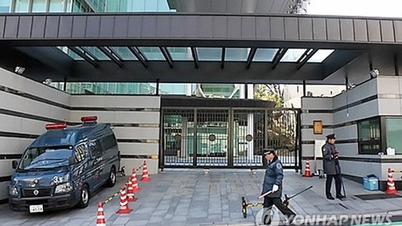



















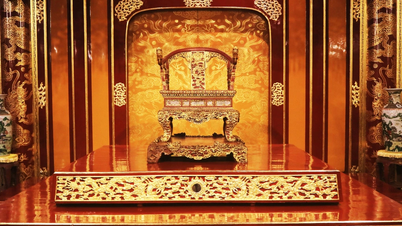














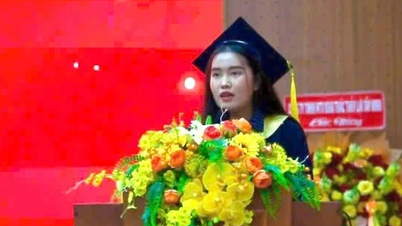









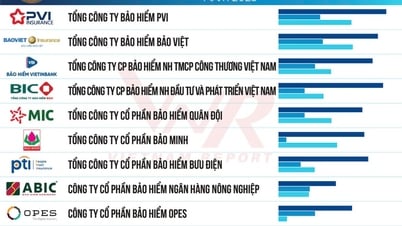





































Comment (0)